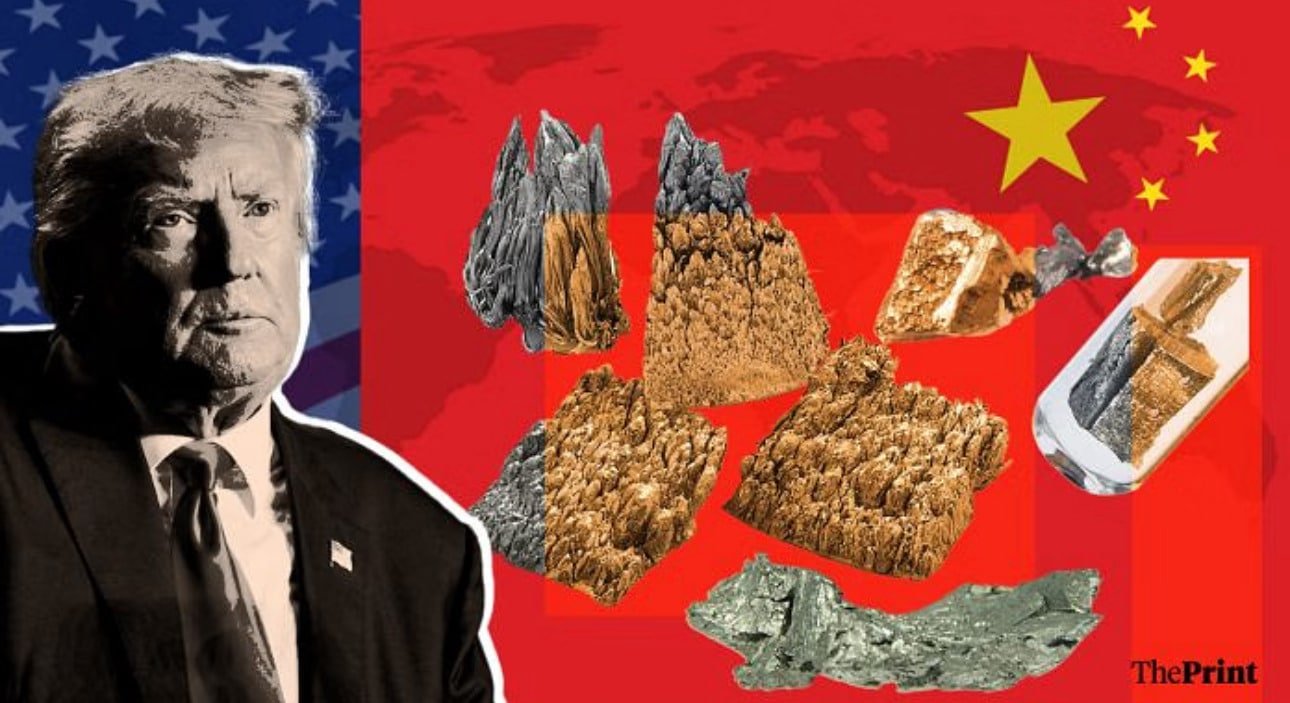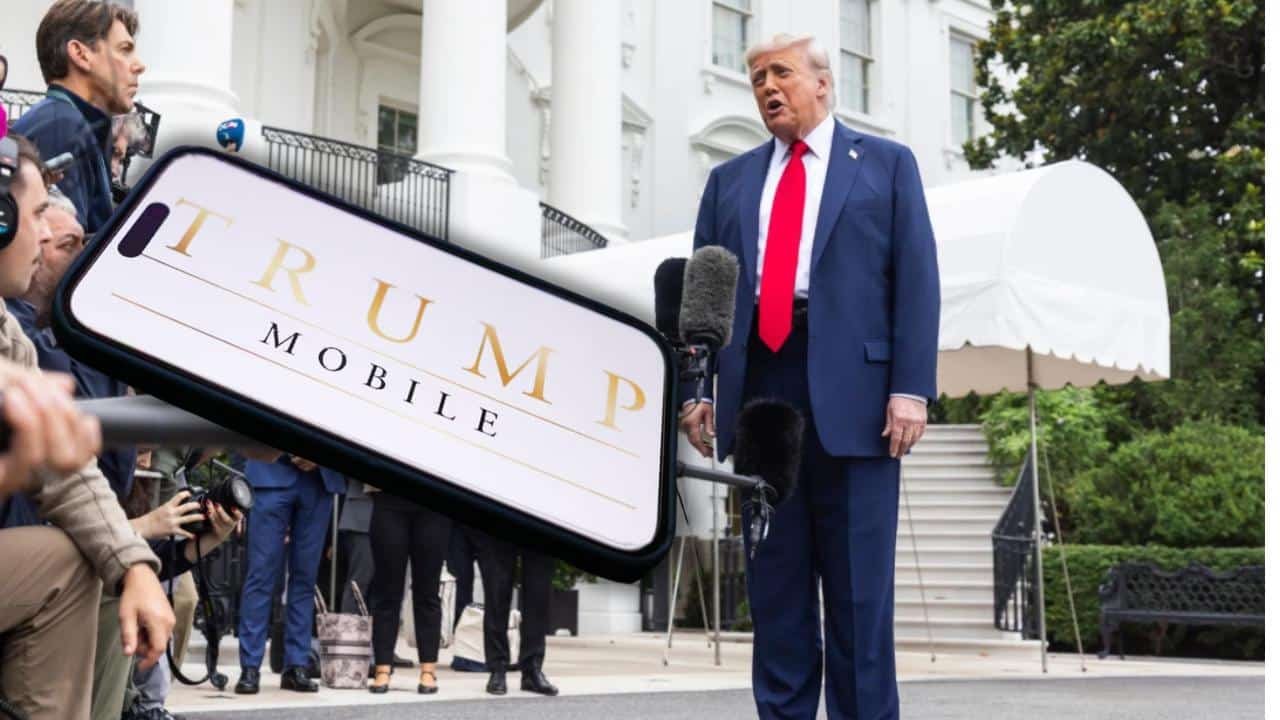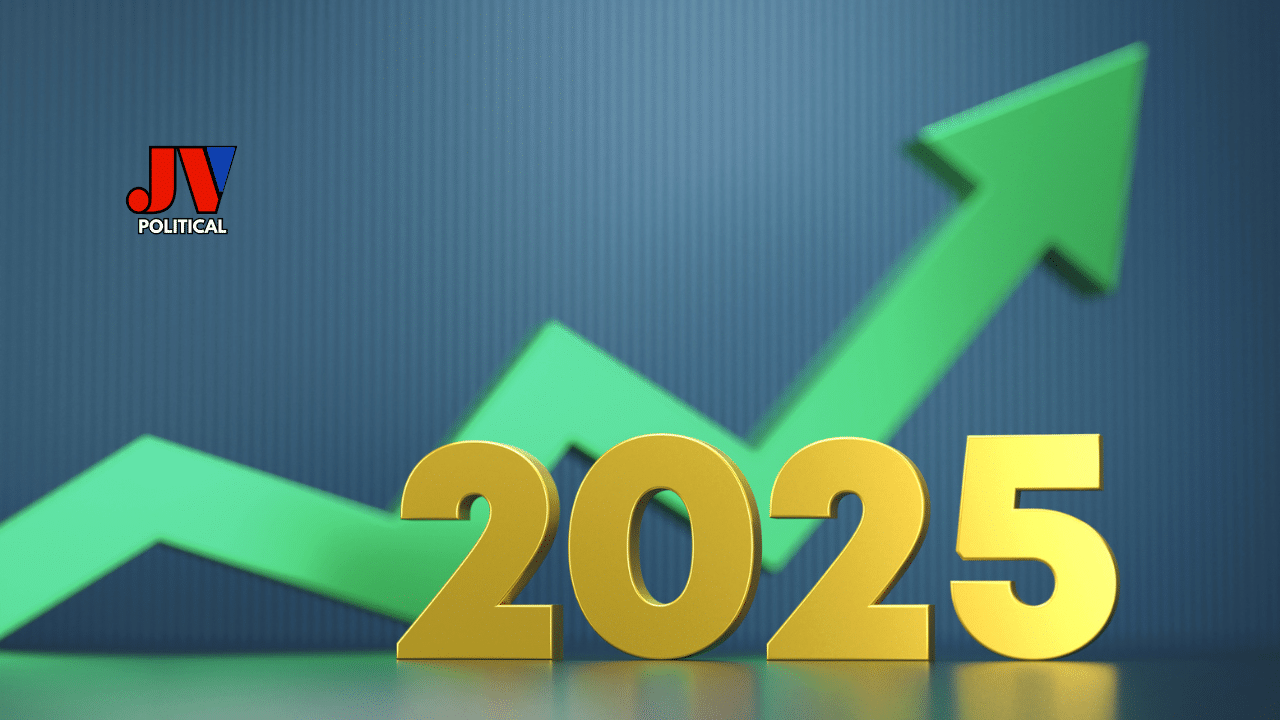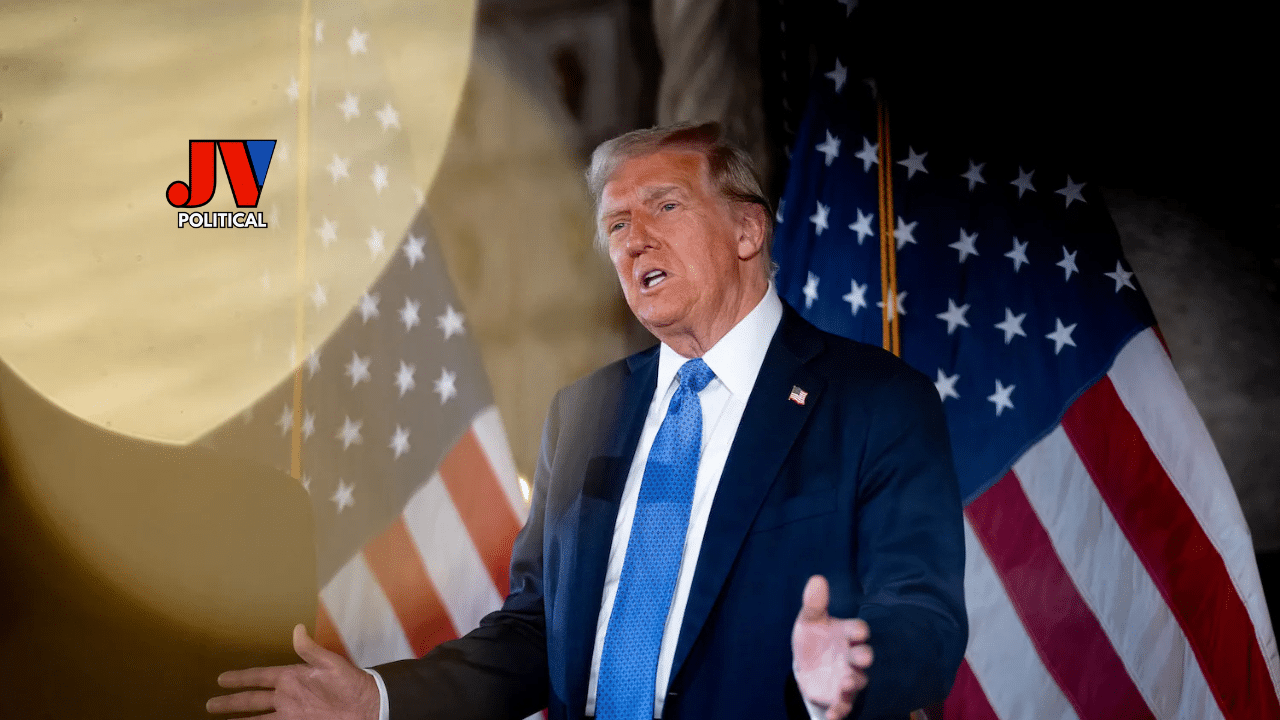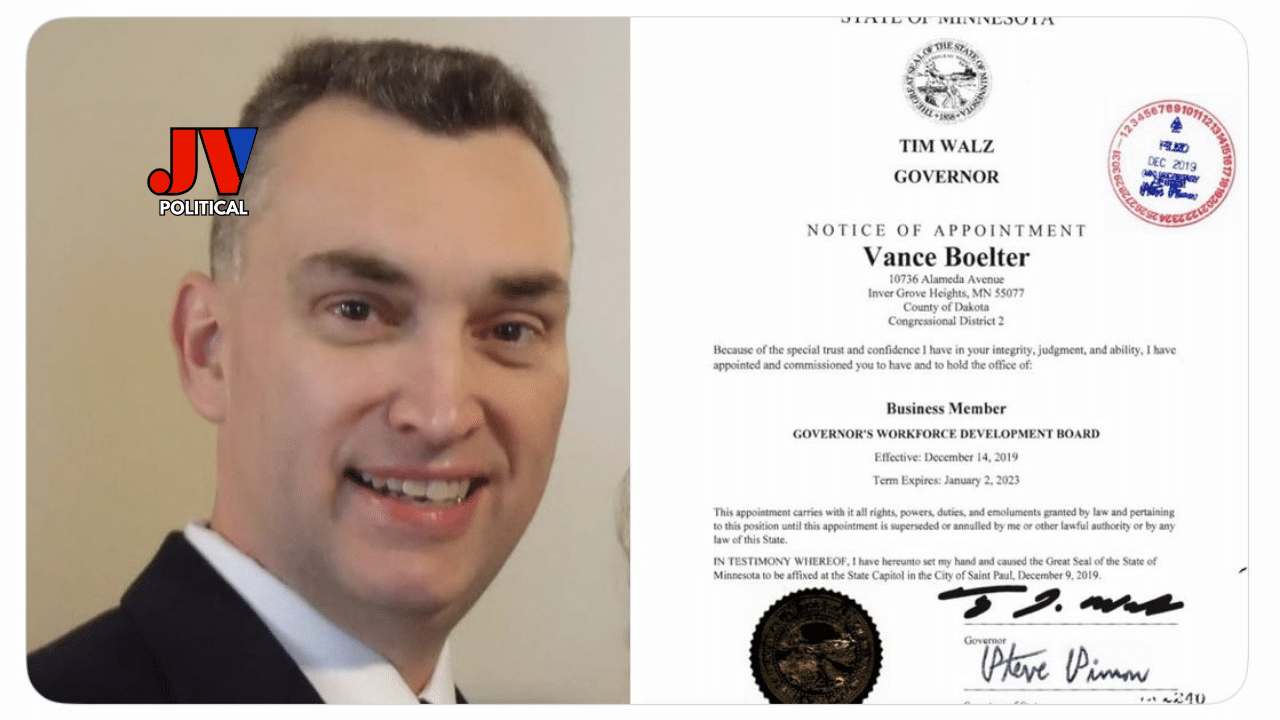Trump’s Rare Earth Minerals View on China 4/17/25
President Donald Trump’s trade conflict with China has exposed the unacceptable risks of Beijing exploiting America’s reliance on rare earth minerals which are vital for military technology and domestic industries including electric vehicles.
The New York Times reported that China might have temporarily suspended rare earth exports which support auto manufacturers and military contractors as a response to Trump’s 145% tariffs on April 2.
In response to tariffs implemented by President Trump, China implemented 125% tariffs on multiple imports from the United States after two days.
According to The Times, China stopped rare earth exports to establish a new licensing regulation but may choose to permanently end exports to specific organizations such as U.S. military contractors.
China has only started developing its new export regulatory system but if this takes too long it could lead to reductions in global supplies because China controls 90% of the world’s heavy rare earth metals and magnets.
Military operations face crucial supply chain challenges regarding drones and robotics which experts consider key to future warfare.
A 10-day interval separated China’s export restrictions on rare earth elements crucial for smartphones and electric car batteries from the latest suspension.
Despite holding roughly one-third of the world’s rare earth reserves China exported 78% of the 17,000 tons of these materials imported to the U.S. in 2017.
The U.S. has plenty of untapped rare earths but environmental resistance created complex local, state, and federal regulations which made obtaining permits an expensive process that lasts for decades.
Legislators have effectively prohibited rare earth mineral exploration and development on resource-rich federal lands and high compliance costs have forced several active mines to close.
The final operating U.S. rare earth mine at Mountain Pass California shipped its materials to China for processing before recent changes.
China has shown a willingness to use its rare earth dominance as a geopolitical instrument by stopping exports to Japan during the 2010 tense period.
The US President Trump issued an executive order in September 2020 which established a national emergency while placing the Interior Department in charge of boosting US rare earth production to decrease American reliance on Chinese supply for essential 21st century technologies.
The order stated: During the 1980s the United States had the highest production of these elements worldwide yet China employed aggressive economic strategies to dominate the global rare earth elements market which led to the displacement of its competitors.
The directive followed Trump’s December 2017 mandate which directed the interior secretary to pinpoint essential materials and minimize national supply chain risks for critical minerals particularly from China and Russia.
The Energy Act of 2021 incorporated many recommendations from the 2020 order as part of the Consolidated Appropriations Act which provided COVID-19 pandemic relief funding.
The Bureau of Land Management issued new decisions in the final days of Trump’s presidency that started Jan. 15, 2021 to speed up and broaden mining permit processes on federal lands including rare earth mineral extraction.
A Nevada lithium mining project received agency approval and a land exchange was authorized to facilitate the final permit for the Arizona Twin Metals copper mine.
In 2023 the Biden administration halted the development of a significant mining operation in northern Minnesota because it held approximately 95% of the nation’s nickel reserves along with 88% of the United States’ cobalt reserves both vital for the administration’s “net-zero” goals.
The cost advantages of Chinese processing facilities outweigh American regulatory expenses which makes U.S.-mined rare earth materials processed in China.
MP Materials completed a contract with Sumitomo Corp. in 2023 to deliver essential rare earth elements like neodymium and praseodymium to Japan’s Sumitomo Corp. to avoid rare earth supply chains that depend on China for electric vehicle production.
The day after his return to office President Trump signed an executive order to establish the United States as the top producer of non-fuel minerals which include rare earth elements.
President Trump understands that America’s reliance on unfriendly nations for essential materials will result in negative consequences while he seeks additional reliable international sources.
Reports suggest rare earth minerals influence his interest in Greenland because tech leaders Bill Gates and Jeff Bezos have invested in companies that search for them there according to Time.
Despite the numerous challenges and long development time required for Arctic resource extraction many companies are giving serious attention to such opportunities.
The U.S. must adopt strong measures now such as severe tariffs because China’s control over rare earth minerals threatens to paralyze the country’s vital industries and defense capabilities.



